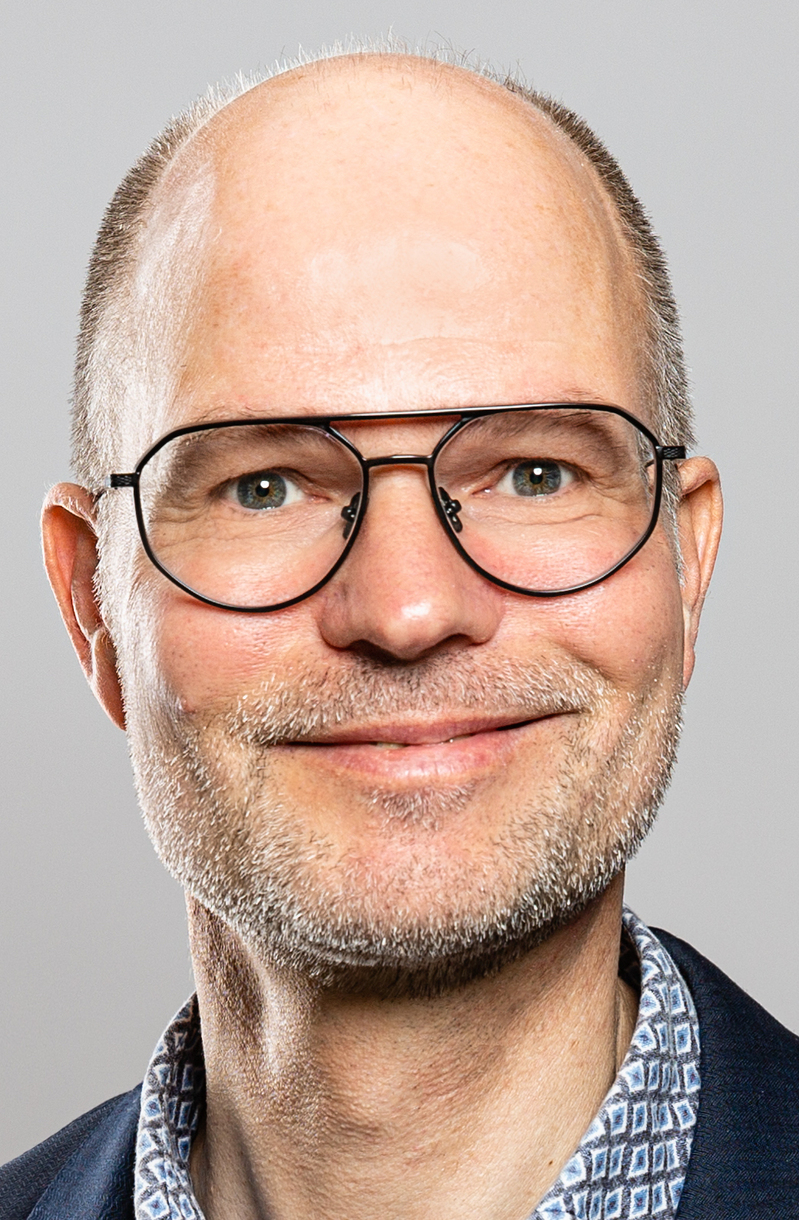
Fudan-LSE Lecture Series No.51
Title:
Promoting Pro-environmental Behavior: Challenges to Public Policy
Speaker:
Prof. Søren Harnow Klausen,Department for the Study of Culture, University of Southern Denmark
Host:
Prof. Yijia Jing, IGPP, Fudan University
Discussant:
Veli-Matti Palomäki, Programme Manager, Nordic Centre at Fudan University
Assis. Prof. Haoqi Qian, IGPP, Fudan University
Cohost:
Fudan-European Centre for China Studies;Nordic Centre
Nordic Centre at Fudan University
Time:
12:00-13:20 (Beijing Time), March 21st
Venue:
Room 805E, 8thFloor,West Sub-building of Guanghua Towers
Please click the link to sign up
The Speaker:

Søren Harnow Klausen is professor of philosophy at the University of Souther Denmark and currently visiting scholar at Peking University. His wide-ranging research interests include social epistemology, philosophy of education, philosophical psychology, aging and theoretical and empirical happiness and wellbeing research, including cross-cultural studies of understandings and conditions of wellbeing in China and the West. He is currently writing a book on wellbeing and climate change supported by a fellowship from the Carlsberg Foundation. Klausen has been vice-chairman of the Danish Council for Independent Research (Humanities) and member of Science Europe Scientific Advisory Board.
Abstract:
Mounting an adequate response to climate change is a central task of global public policy. Successful policy enactment and implementation depends on more than political decisions and the technological options available. Policymakers must take seriously affordances and obstacles to behavior change, including the way policies and interventions are perceived. Knowledge about climate change and pro-environmental attitudes have been shown to have little impact on people’s actions, and nudging has also proven to be no panacea. The lecture makes a case for paying more attention to the human interface in green transition.





